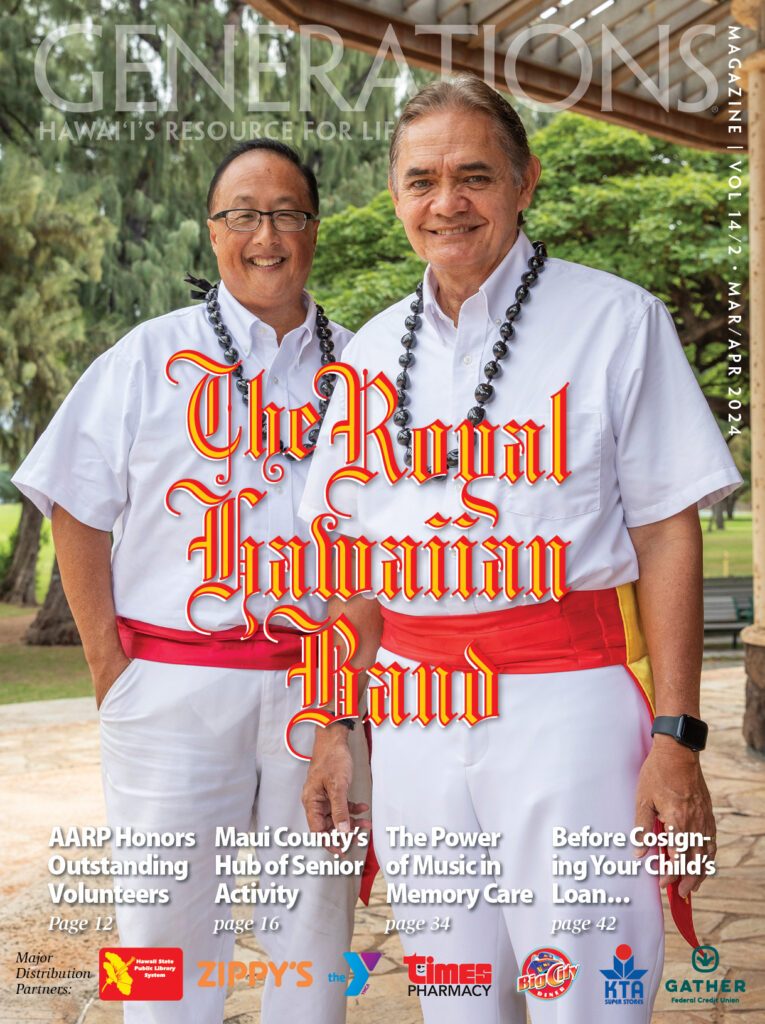As an estate planning attorney, I have the privilege of observing how families decide how to distribute their assets between and among their children. I have come to understand that there are two distinct standards that parents use to determine the gift.
First, there is the standard of meeting needs. As parents, we observe the needs and wants of our children and do our best to meet both. One child might need or want a musical instrument because of their interest in music, and another child may need volleyball shoes as her interest is in volleyball. While the dollar worth of the musical instrument may not match the dollar worth of the volleyball shoes, we meet each child’s needs and wants equally. This standard parent is alive.
It becomes difficult and near impossible to meet needs and wants once the parent dies, as they are no longer around to make those observations. At best, they can make an educated guess based on prior experience. However, situations change dramatically during the course of life, and what one needs or wants today could be entirely different tomorrow. Because of this uncertainty, many parents shift the standard from “needs and wants” to “equal worth” after they die.
Often, parents think of their Last Will and Testament or Living Trust as the last letter to their children, and many children receive these as a statement of how much their parent loves them. And most parents want their children to know that they are loved equally.
Stephen B. Yim, Attorney at Law
2054 S. Beretania St., Honolulu HI 96826
808-524-0251 | www.stephenyimestateplanning.com

